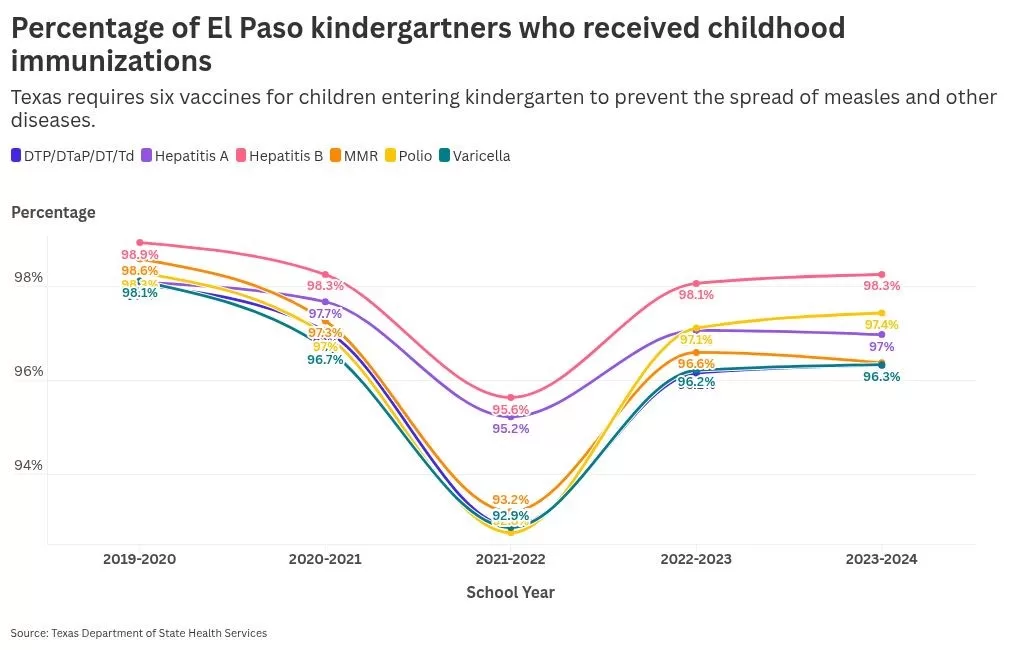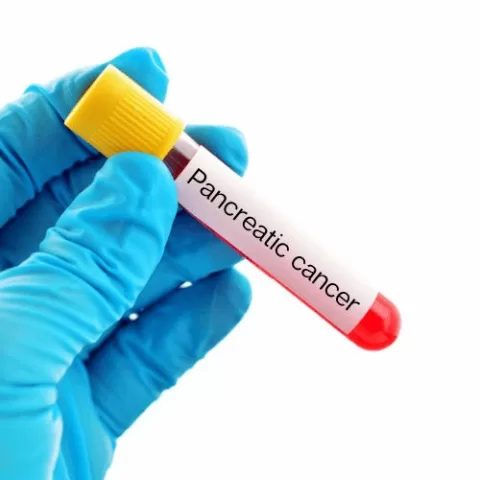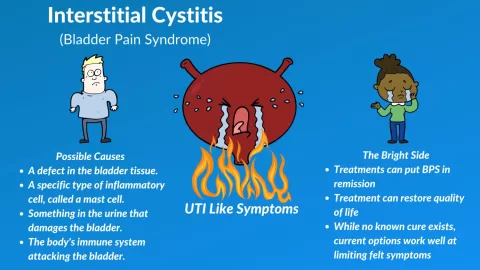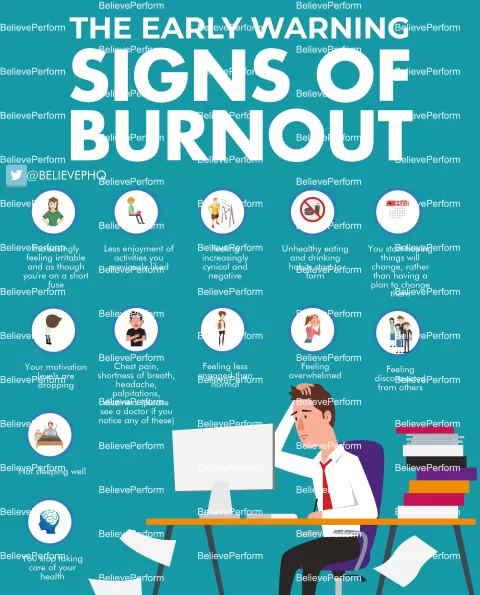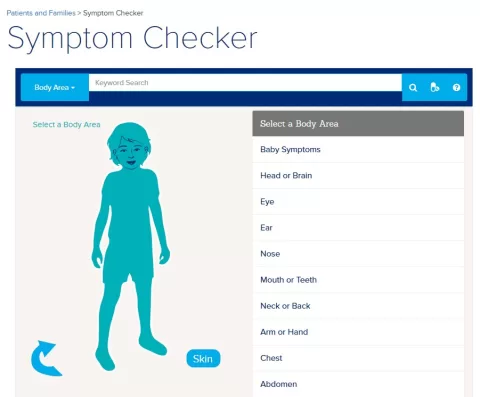The recent measles outbreak in El Paso has sparked significant concern within the community, especially after an unvaccinated child from Dona Ana County tested positive for the virus. This case has led to a precautionary quarantine at Kids Kountry Place daycare, affecting several children and their families who may have come into contact with the infected individual. The Centers for Disease Control and Prevention (CDC) emphasizes the importance of measles vaccination, particularly the MMR vaccine, which protects against measles, mumps, and rubella. Health officials are now urging families to prioritize vaccination to mitigate community health concerns like this resurgence of measles. As the quarantine continues, local residents remain anxious about the potential impact on childcare facilities and the health of their children, highlighting the crucial role of measures like vaccination and public health vigilance in preventing such outbreaks.
The resurgence of measles, particularly evident in the recent situation in El Paso, demands urgent attention as it raises alarms about community safety and child wellbeing. Following a positive diagnosis from a young child in Dona Ana County, daycare facilities have implemented strict quarantine measures to curb the spread of this highly contagious disease. Significant discussions are emerging around the necessity of the MMR vaccine and its role in safeguarding children from serious ailments. The outbreak underscores ongoing debates about vaccination policies and the importance of public health initiatives to protect vulnerable populations. With heightened awareness, parents are now more reflective on vaccination practices, especially in the context of community health challenges.
Understanding the Measles Outbreak in El Paso
The recent measles outbreak in El Paso has raised significant health concerns among community members, particularly following the first confirmed case in nearby Dona Ana County. After an unvaccinated child tested positive, precautions were taken immediately at local daycare centers, emphasizing the importance of swift action in halting the spread of this highly contagious virus. Health authorities recommend that parents stay vigilant, particularly about the vaccination status of their children, to prevent further occurrences.
This outbreak serves as a stark reminder of the need for ongoing public health education regarding the measles, especially in regions with declining vaccination rates. The MMR (measles, mumps, and rubella) vaccine is essential for building herd immunity and protecting those who cannot be vaccinated, such as infants and individuals with compromised immune systems. Community leaders, along with health departments, must collaborate to ensure that parents have access to accurate information about vaccinations and the risks associated with measles.
The Role of Vaccination in Preventing Measles
Vaccination plays a pivotal role in protecting public health and preventing outbreaks of infectious diseases like measles. The CDC strongly advocates for the MMR vaccine, which has been proven to be safe and effective in preventing measles. By vaccinating children between 12 and 15 months, health authorities can help ensure a significant level of immunity within the community, thereby safeguarding those at higher risk and contributing to overall community health.
Despite the proven effectiveness of vaccinations, misinformation and hesitancy have led to lower vaccination rates in some areas, raising alarm among health professionals. As seen in the recent measles outbreak in El Paso, lower vaccination rates can lead to increased vulnerability to outbreaks, which not only affect unvaccinated children but also pose a risk to those who cannot be vaccinated due to medical reasons. Communities need to engage in proactive discussions about the importance of immunizations and countering myths surrounding vaccines.
Childcare Quarantine Policies and Procedures
Following the recent case of measles in a local daycare, strict quarantine measures were implemented to protect the health of other children and their families. Care facilities like Kids Kountry Place must adhere to specific protocols when a contagious disease is identified, including contacting health authorities and quarantining those potentially exposed, which helps prevent the spread of the virus. It is crucial that childcare centers educate staff and parents about these policies to ensure compliance and maintain a safe environment for children.
Effective communication from childcare providers during a quarantine situation is critical. Parents must be informed promptly about potential exposure and the steps being taken to mitigate risks. In the case of the recent outbreak in Dona Ana County, childcare officials acted swiftly to quarantine children and their families to ensure no further transmission occurred, demonstrating an effective response to an infectious disease outbreak in a community setting.
Community Health Concerns Surrounding Measles
The resurgence of measles cases has sparked significant community health concerns among residents in El Paso. Many people express anxiety over the potential health risks that come with low vaccination rates for measles. Parents worry not just about their children contracting the virus but also about the broader implications for community health, particularly when outbreaks occur in educational or childcare settings. Active discussions within the community can help address these fears and foster a more educated response to vaccinations.
In addition to individual health risks, the community faces challenges when dealing with outbreaks, including strained healthcare resources and the potential for economic impacts due to quarantines and illness. Residents must understand the importance of vaccinations not only for their own children but also for the wellbeing of the entire community, reinforcing the public’s shared responsibility in maintaining health standards and preventing the spread of preventable diseases like measles.
The Importance of Education on Measles Vaccination
Education on the necessity of the measles vaccination is paramount, especially in light of recent outbreaks. Many individuals may not realize that measles is a highly contagious disease that can have severe health consequences. Public health initiatives focused on educational outreach can demystify the vaccination process and encourage more families to vaccinate their children. Informative campaigns can highlight statistics, personal stories, and expert opinions to provide a well-rounded perspective on the topic.
Moreover, community health organizations should target various platforms to disseminate information effectively. Collaborating with local schools, daycare centers, and healthcare providers to create enhanced visibility for vaccination drives can significantly improve participation rates. Access to information can empower parents to make informed decisions about their children’s health, mitigating the fear and uncertainty that often accompany discussions about vaccinations.
Quarantine Guidelines for Measles Exposure
In the event of a measles outbreak, municipalities typically establish quarantine guidelines to protect public health. These measures are critical to limit exposure and spread after a positive case is reported, as seen in the recent incident in Dona Ana County. Parents should be aware of quarantine periods and the importance of adhering to established protocols, which are guided by recommendations from health authorities like the CDC.
It is essential for families affected by a quarantine to stay informed and engage with health professionals for guidance during the isolation period. The duration of quarantine may vary depending on exposure and vaccination status, and understanding this process can alleviate some of the stress associated with potential infection. Furthermore, maintaining communication with childcare providers ensures a supportive network for families during these critical times.
The MMR Vaccine and Its Benefits
The MMR vaccine is not only effective in preventing measles but also protects against mumps and rubella, making it a vital part of childhood vaccinations. The vaccine has a long history of safety and efficacy, reducing the incidence of these diseases significantly since its introduction. Vaccination at the recommended age ensures that children develop immunity before they are exposed to these viruses in their communities.
Healthcare professionals advocate for the MMR vaccine as a critical component of a child’s healthcare regimen, especially considering the recent occurrence of measles cases. Parents must understand the benefits of vaccination, including not only protecting their children but also contributing to herd immunity, which helps shield those who are unvaccinated. Community-wide vaccinations can effectively lower the risk of outbreaks and promote overall health security.
Addressing Misinformation About Vaccines
Misinformation regarding vaccines is a significant challenge in ensuring community health and safety. Social media and other platforms can spread unverified information about vaccine side effects, leading to hesitancy among parents regarding immunizations for their children. Combating this misinformation requires a collective effort from health authorities, local organizations, and well-informed professionals who can provide accurate, science-based information to the public.
Outreach programs aimed at educating communities about the importance of vaccines, including the MMR vaccine, can help counteract misleading narratives. Providing forums for parents to ask questions and receive credible answers can empower families to make informed decisions about vaccinations. Ensuring access to verified resources about vaccines will aid in dispelling myths and encourage increased vaccination rates, ultimately protecting the health of the community.
Future of Public Health and Measles Vaccination
The future of public health will hinge on effectively addressing vaccine hesitancy and ensuring widespread vaccination coverage. Initiatives aimed at improving access to vaccines and providing education about their benefits are essential to prevent outbreaks like the recent measles incident in Dona Ana County. Establishing a culture of vaccination can foster resilience against preventable diseases and protect vulnerable populations.
As communities learn from past outbreaks, reinforcing the importance of vaccines through public health campaigns can create a healthier environment. Continued advocacy for immunization programs, along with building trust in healthcare providers, will be vital in achieving the goal of high vaccination rates. This collaborative approach will safeguard the health of children and the community at large against the threat posed by measles and other vaccine-preventable diseases.
Frequently Asked Questions
What is the current status of the measles outbreak in El Paso?
The measles outbreak in El Paso stemmed from a recent case in Dona Ana County, where an unvaccinated child tested positive for the virus. Following this diagnosis, a daycare in the area implemented a quarantine for children who may have had contact with the infected individual. As of now, no additional cases have been reported.
How does the measles outbreak in El Paso affect local childcare facilities?
In response to the measles outbreak in El Paso, local childcare facilities like Kids Kountry Place daycare are taking precautionary measures such as quarantining children who may have had contact with the infected child. This is critical to prevent further spread of the virus.
What are the community health concerns regarding the measles outbreak in El Paso?
Community health concerns surrounding the measles outbreak in El Paso involve fear of the virus spreading and causing severe health issues or death, particularly among unvaccinated children. Residents have expressed anxiety about the implications of not vaccinating against measles, especially with the recent case reported in Dona Ana County.
What is the MMR vaccine and how does it relate to the measles outbreak in El Paso?
The MMR vaccine, which protects against measles, mumps, and rubella, is crucial in preventing outbreaks like the recent measles case in El Paso. The CDC recommends that children receive their first dose of the MMR vaccine between 12 and 15 months of age to help curb such outbreaks.
What precautions are taken during the measles outbreak in El Paso?
During the measles outbreak in El Paso, precautions include quarantining children and their parents who may have been in contact with the infected child. Daycare facilities are informing health authorities and closely monitoring symptoms to prevent further transmission of measles.
What should parents do to protect their children from measles during the outbreak in El Paso?
Parents should ensure their children are vaccinated with the MMR vaccine, stay informed about the measles outbreak in El Paso, and follow guidelines from local health officials regarding quarantine and monitoring for symptoms.
Are there any risks for unvaccinated children during the measles outbreak in El Paso?
Yes, unvaccinated children are at a higher risk during the measles outbreak in El Paso. They could contract the virus from an infected individual, leading to serious health issues. Vaccination is the best preventive measure.
How long should children remain in quarantine after a measles outbreak in El Paso?
Children who may have been exposed to measles during the outbreak in El Paso are typically required to quarantine for 21 days, as recommended by health authorities, to ensure they do not develop symptoms and spread the virus.
What are the signs and symptoms of measles that parents should watch for during the outbreak in El Paso?
Parents should monitor their children for common signs and symptoms of measles, which typically appear 10-12 days after exposure. These may include high fever, cough, runny nose, inflamed eyes, and a characteristic red rash. Early detection is crucial in managing the outbreak.
Why is vaccination important in preventing measles outbreaks like the one in El Paso?
Vaccination is essential in preventing measles outbreaks, such as the recent situation in El Paso, because it builds herd immunity within the community, protecting those who cannot be vaccinated, particularly infants and individuals with specific health conditions.
| Key Points |
|---|
| The first measles case in Dona Ana County led to a quarantine at a daycare. |
| An unvaccinated child tested positive for measles on April 6 after attending daycare on April 2. |
| Children can be contagious four days before and after showing symptoms, prompting immediate action from the daycare. |
| As of now, quarantined children and parents have shown no signs of measles. |
| Residents are concerned about the resurgence of measles and the importance of vaccinations. |
| The CDC recommends MMR vaccination between 12-15 months of age. |
| The infected child was not yet eligible for vaccination due to age. |
Summary
The recent measles outbreak in El Paso has raised alarm, particularly following a confirmed case in Dona Ana County. With an unvaccinated child testing positive, a local daycare initiated a quarantine to prevent further infection within the community. This incident highlights the critical importance of vaccinations and the ongoing risk of measles resurgence in the area. As community concerns grow, the necessity for parents to prioritize immunization against measles remains paramount to safeguarding children’s health.
The content provided on this blog (e.g., symptom descriptions, health tips, or general advice) is for informational purposes only and is not a substitute for professional medical advice, diagnosis, or treatment. Always seek the guidance of your physician or other qualified healthcare provider with any questions you may have regarding a medical condition. Never disregard professional medical advice or delay seeking it because of something you have read on this website. If you believe you may have a medical emergency, call your doctor or emergency services immediately. Reliance on any information provided by this blog is solely at your own risk.



